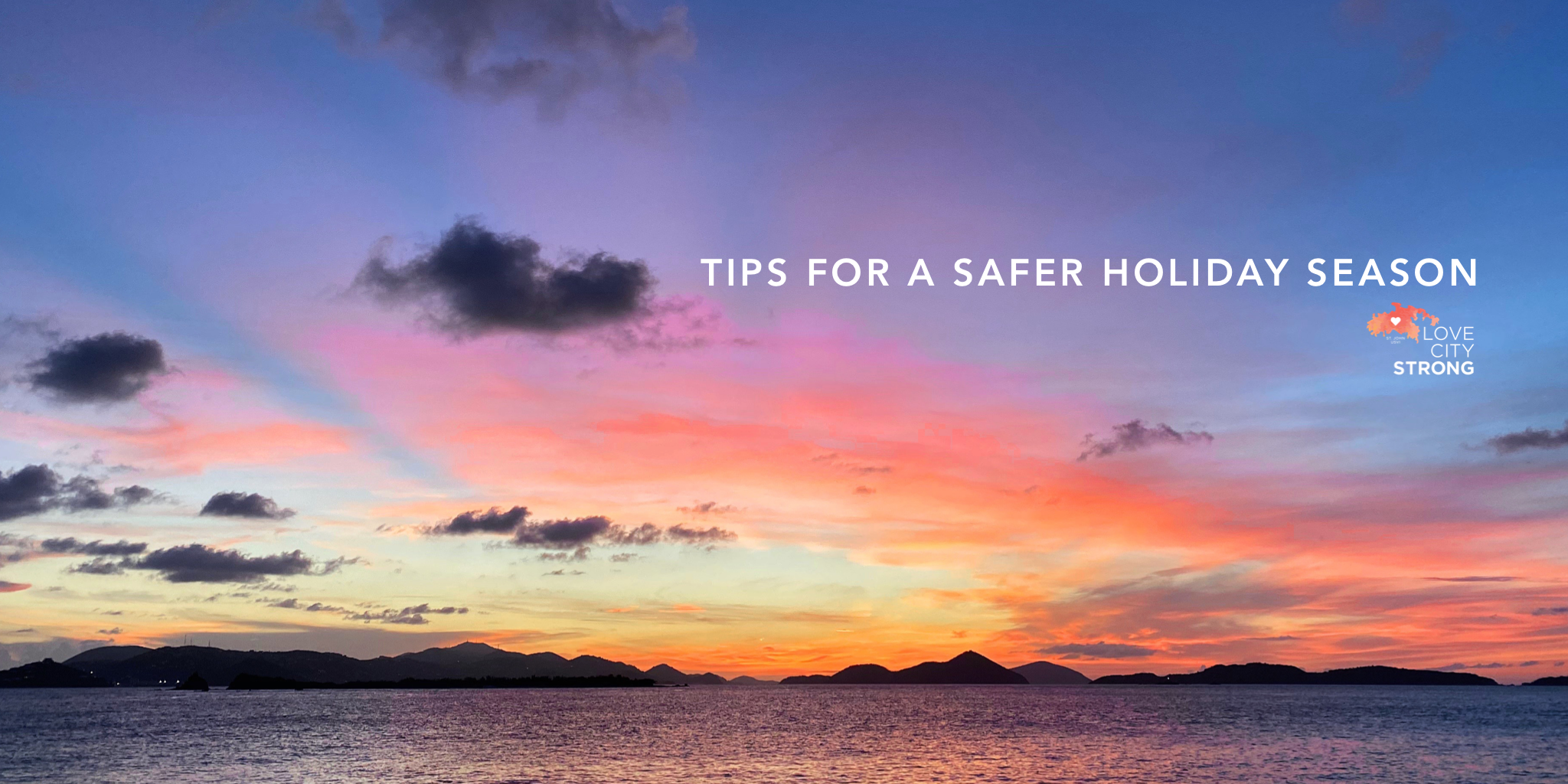
With the holiday season in full swing, people are gathering together again to reconnect with loved ones. However, data suggests another spike in cases of COVID-19 is likely. Extra precautions are still needed to slow the spread of the virus and its more contagious variants. With that in mind, we’ve pulled together some tips for a safer holiday season.
Incorporate as many layers of protection as possible at your holiday gatherings to keep all of your attendees safe. Consider the following options:
- Keep things small, especially if you invite seniors or people who are immunocompromised.
- Celebrate outdoors, or socially distanced indoors, to lower the chance of transmission.
- Have conversations with others about their vaccination status before you see them, and set boundaries ahead of time.
- Get a flu shot. The CDC estimates that flu shots in the U.S. reduce the risk of illness for 40-60% of the population.
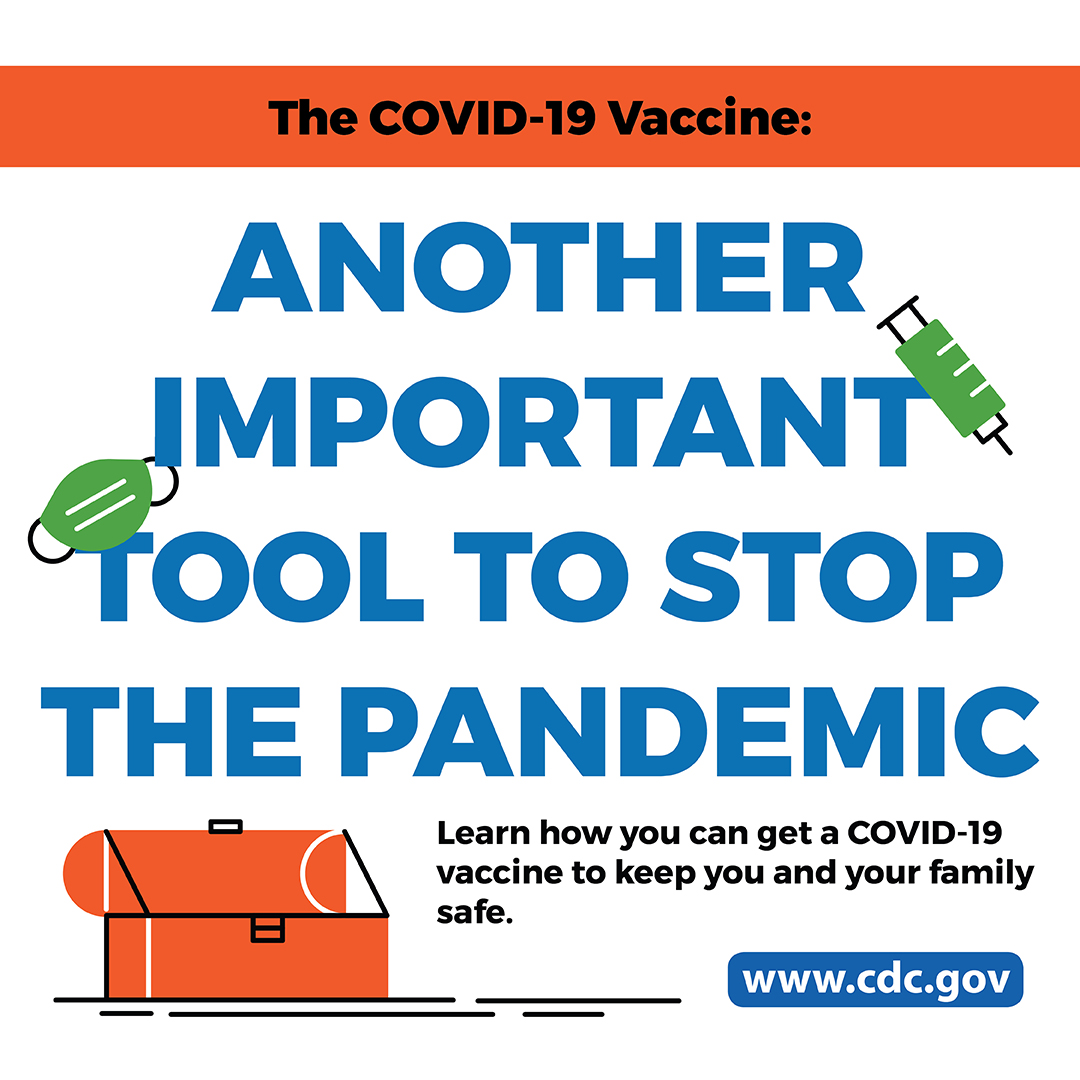
This month, the CDC released new guidance concerning COVID-19 vaccine booster shots.
Alongside the FDA, the CDC currently recommends the booster shot for individuals who have received a full series of Pfizer-BioNTech or Moderna COVID-19 vaccine (at least 6 months after their initial series of shots) and are:
- Age 65 years and older
- Age 18+ who live in health care or long-term care settings
- Age 18+ who has underlying medical conditions
- Age 18+ who works or lives in a high-risk setting
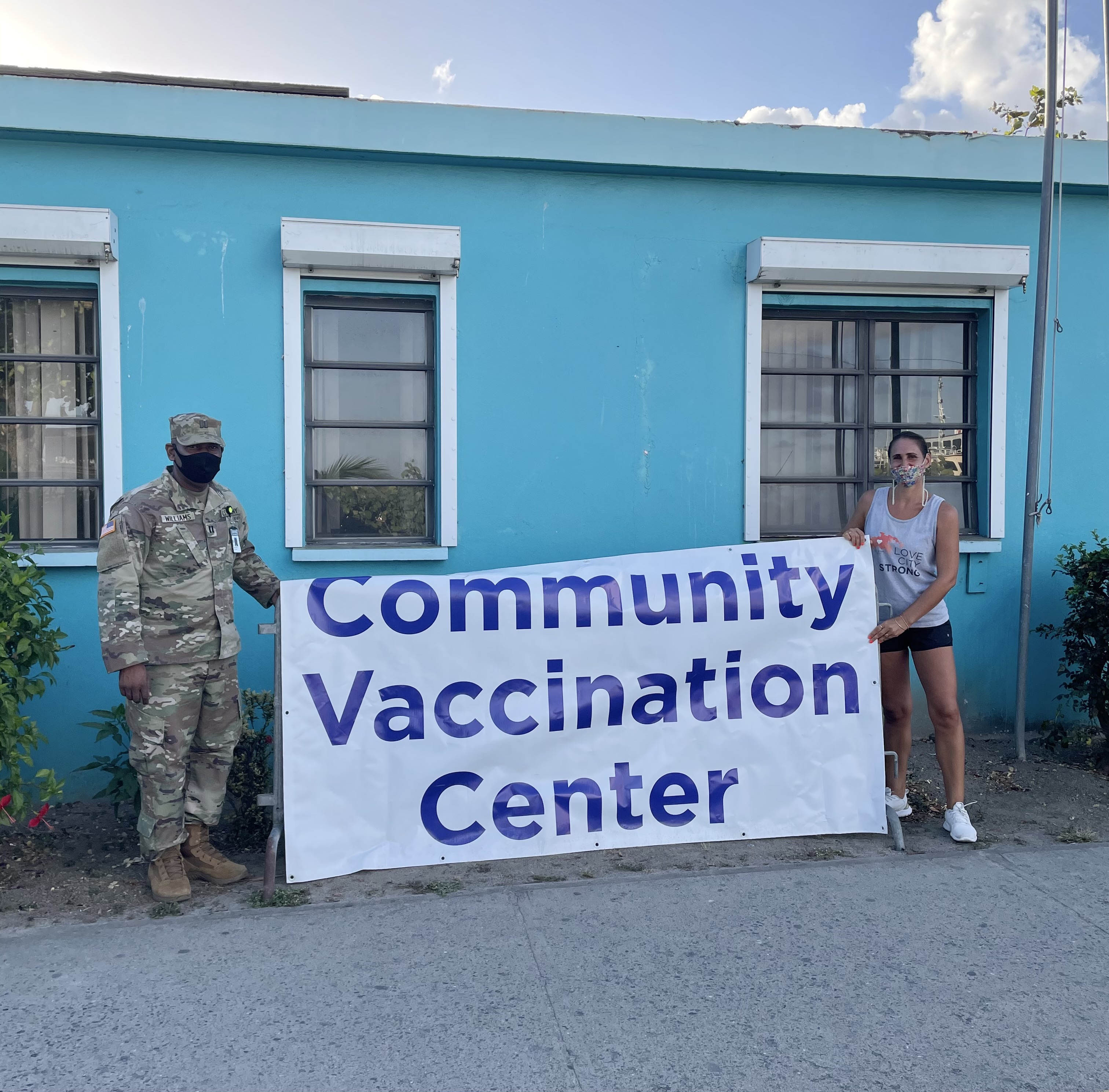
As the COVID-19 pandemic has progressed, we have made every effort to meet the moment in terms of our response to the ever-changing circumstances. Our team’s connection to the community, along with forward thinking to potential hazards and challenges, has allowed us to respond quickly and efficiently throughout this crisis. To that end, as 2020 drew to a close we began preparing ourselves to assist the Territory with COVID-19 vaccination efforts on St. John.
In November, we began reaching out to contacts in the healthcare field to get a better understanding of the COVID-19 vaccines that were being developed. Through short training sessions we were able to educate ourselves about the vaccines, and about vaccinations in general. We purchased additional PPE and secured donations from Good 360 to help the healthcare community prepare for the inevitable surge in PPE use that would result from any sort of mass-vaccination effort in the Territory.
In January 2021, we developed messaging and content related to the vaccines across a variety of channels. We wanted to ensure that we could start debunking myths, providing facts, and answering questions about the vaccines as soon as possible to increase vaccine confidence in the St. John community.
In February our team was vaccinated by the Island Health and Wellness Center, with our employees who are seniors or licensed emergency first receiving their doses first. We then began the process of collecting data from individuals across the island to help shape our outreach efforts. We spoke to over 500 St. John residents and asked them questions about whether they had received or planned on receiving the vaccine, along with additional demographic questions. Using this data we crafted specific messaging to reach certain segments of the community via phone calls and home visits to help answer questions and provide information from the VI Department of Health.
In March, we were asked to assist in the mass-vaccination efforts on St. John. For the last five weeks we have partnered with the VI Department of Health, VITEMA, the Virgin Islands National Guard, the CDC, and the United States Department of Defense in running vaccination pop up clinics in Cruz Bay every Saturday. Our supplies, manpower, and knowledge of the community have been utilized to make vaccination efforts on St. John more robust.
We have provided tables, chairs, PPE, and bottled water for staff and patients at every pop up. Our Go Team has done extensive outreach directly to residents’ homes to sign them up for future appointments, and picked up seniors and individuals with limited mobility to bring them to their appointments. We have also provided Spanish speaking translators and logistical assistance to the pop ups as needed.
The trust of our donors has given us access to a significant amount of unrestricted funds, enabling us to meet immediate needs. Unrestricted funding is extremely important to the work that we do so that we do not have to hesitate to respond when an emergency happens. To support our vaccination efforts, and our efforts to prepare for the future, click here.
To learn more about the COVID-19 vaccine, visit the VI Department of Health’s resource page; the CDC’s Vaccine FAQ page, and the Johns Hopkins guide for fully vaccinated individuals. You can also check out our vaccine Q&A with Sandy Colasacco, a Board Certified Family Nurse Practitioner and the Clinical Executive Director of Island Health and Wellness.
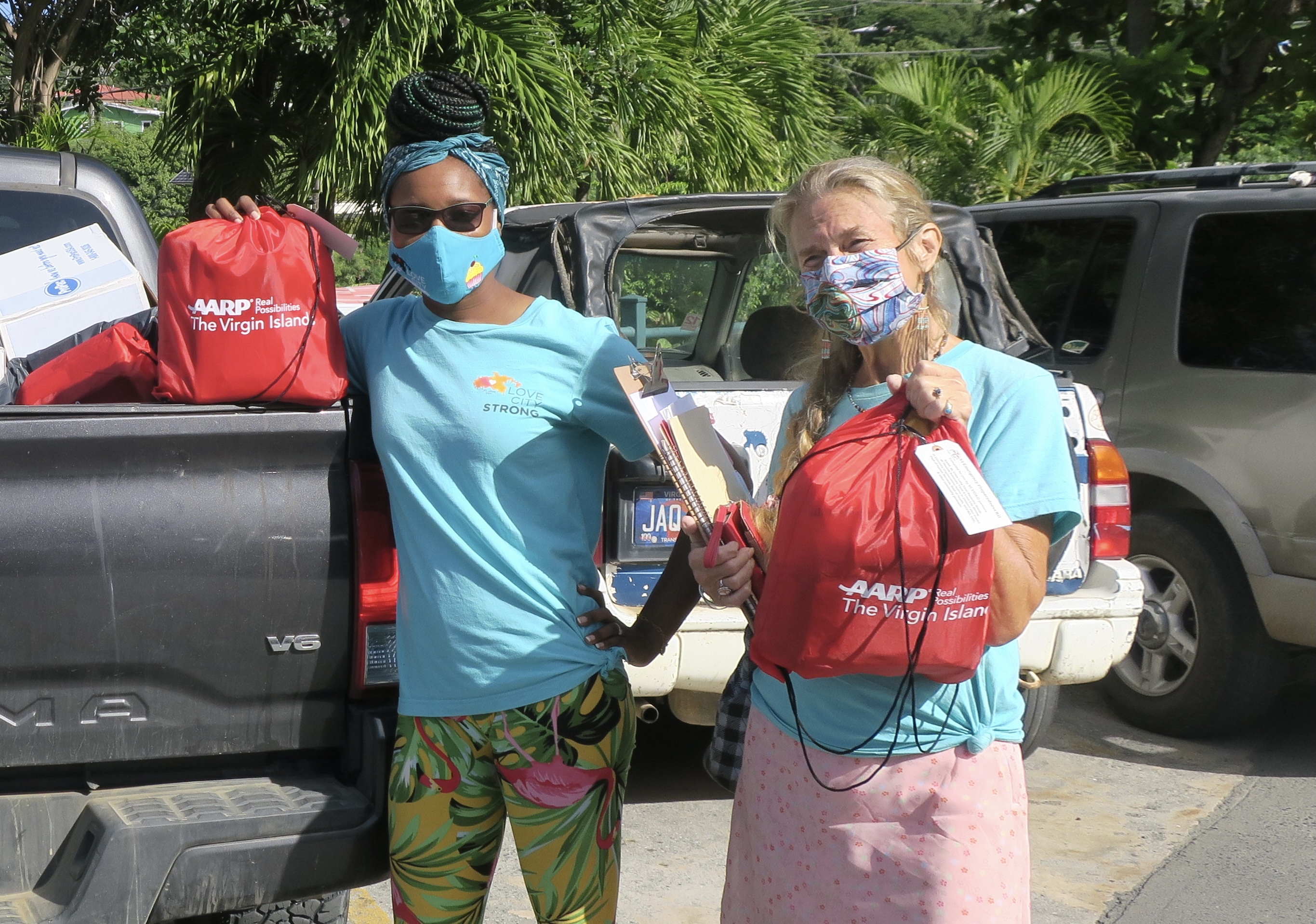
As COVID-19 vaccination efforts continue in the US Virgin Islands and across the globe, many are wondering what to expect when they receive their doses, or are trying to decide if they should get vaccinated in the first place.
We interviewed members of our team who have received the vaccine, and asked them to share a little bit about their experience before and after receiving it.
Kenisha Small, our Community Relations Manager (pictured above, left) and Deborah Ramsay of our Go Team (pictured above, right) were both vaccinated at the Island Health and Wellness Center on St. John in February.
Here’s what they had to say (responses have been edited for length and clarity):
Why did you choose to get the vaccine?
Deborah: I got the vaccine for three reasons: The work I do directly helping and speaking with St. John seniors; because my doctor advised that, since I am over 65, the possible side effects of the vaccine were likely much less severe than the side effects of getting COVID; and because my daughter and family said they would not want me traveling to visit them in the United States if I chose not to get the vaccine.
Kenisha: I got the vaccine to assist in keeping the seniors in my family and our community safe.
Did you have any fears or anxieties about getting the vaccine?
D: Yes! I am fairly anti-vaccine. I have never gotten a flu shot, for instance. I was concerned about the side effects and was unsure about how effective (the vaccine) might be.
K: I was more surprised at the fact that they had already created a vaccine for something so seemingly new.
What were some of the resources that you found helpful in answering questions about the vaccine? In other words, where or who did you turn to for information?
D: My daughter, the internet, friends, colleagues, and my doctor.
K: I turned to my coworkers at LCS for guidance and gaining knowledge to build my confidence; specifically our Operations Manager Stephen, who is also an EMT and our Executive Director, Meaghan.
Describe your experience getting the vaccine.
D: I went to Island Health & Wellness. We had to wait outside the office briefly. Once inside, there was a lot of paperwork to fill out. We were kept at a safe distance from each other. It took about 1/2 hour including filling out the paperwork and having to sit in the office for 15 minutes after getting the shot to observe us for possible immediate side effects. The shot took seconds and was hardly noticeable! And I HATE shots. They scare me and I can’t watch. But it happened so quickly I barely noticed!
K: I got an appointment at 2pm for the vaccine at Island Health and Wellness. The entire process took about 45 minutes to an hour, which included arriving early, waiting in line, and remaining for 15 minutes after receiving the shot. Process was simple, somewhat smooth and quick once inside.
Which vaccine did you get?
D: Pfizer
K: Pfizer. I’ve had my first dose and am due to receive the second dose on March 4th.
Did you experience any side-effects after your vaccine doses?
D: Yes. A slightly sore arm for a few days. The first night, it was hard to sleep on that side. After the first shot I felt a little sick that night and most of the next day. I had slight body aches, a bit of a headache, and low energy. After the second one, (I had) slightly less effects. Mostly just low energy.
K: I had a sore arm for a few days, and on the day of the shot I just felt lazy or sluggish afterwards; otherwise it went well!
What’s one thing you think that everyone getting the vaccine should know?
D: The shot itself is barely noticeable. At Island Health, they were very efficient. Plan to rest the day after!
K: From what I can tell, it’s safe!
For more information about the COVID-19 vaccine, check out the Virgin Islands Department of Health’s FAQ page, the CDC’s vaccine information website, and this video from Johns Hopkins Medicine.
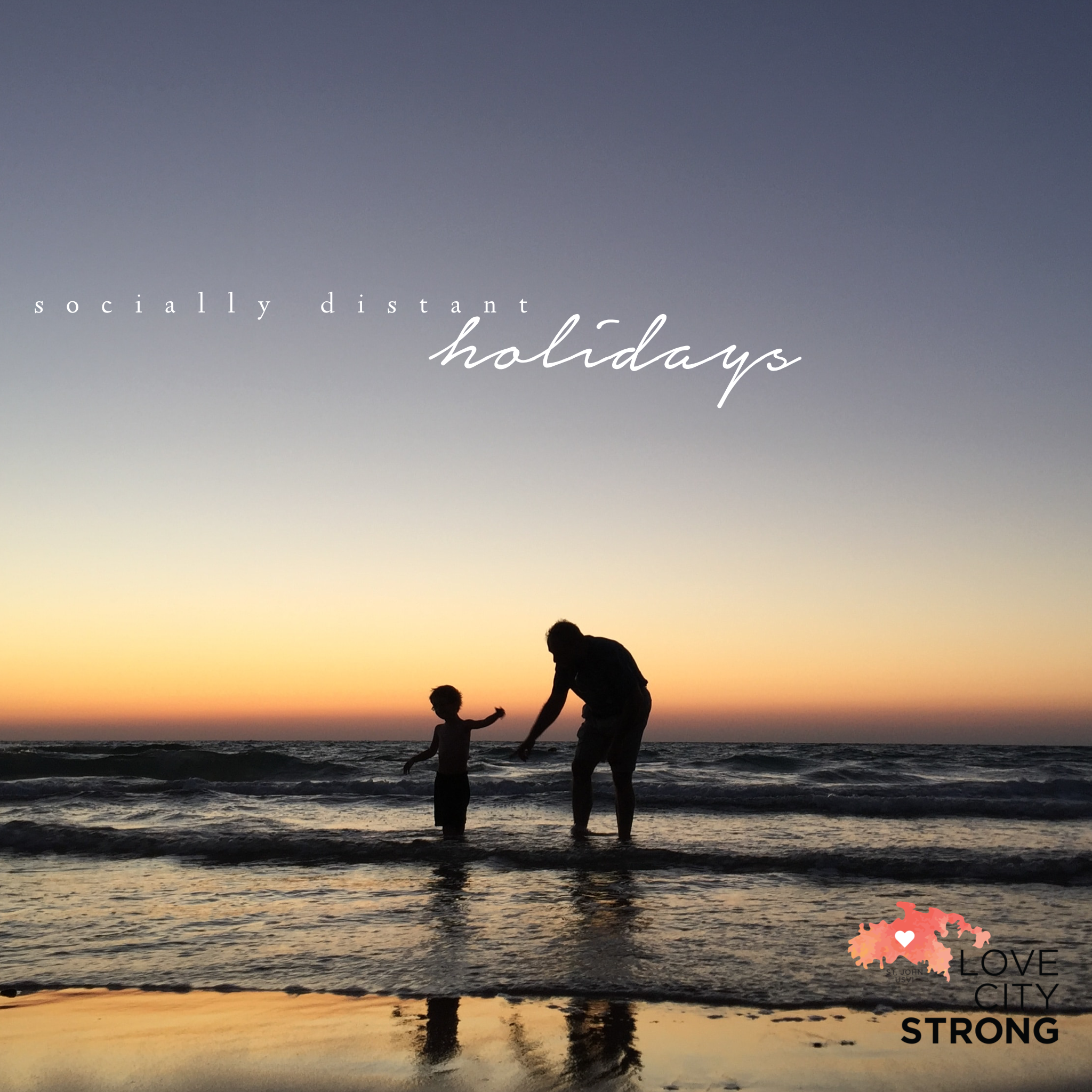
Almost a year into the COVID-19 pandemic, it’s understandable that many are starting to develop a sense of emotional burnout that some are calling “covid fatigue.”
The sense of a never ending struggle against an invisible threat may cause people to let their guard down. After all, it can feel wrong to continue to rearrange your life and practice all of these new habits if your risk seems nonexistent. However, this behavior is precisely what leads to surges in COVID-19 cases.
As cases begin to increase globally, particularly in the United States, anecdotal evidence suggests that “covid fatigue” is playing a major part. People are tired of not seeing their loved ones, and staying socially distant, and making dramatic shifts in how they interact with the world.
What’s troubling is that this societal shift is about to converge with the holiday season; a time when people around the world come together with loved ones and celebrate long standing traditions with their communities. These celebrations usually occur indoors, in large groups, and almost always involve older members of one’s extended family or community.
Given that most of us have not seen our loved ones this year due to the pandemic, it can be tempting to completely relax our habits for the holidays and to act as though we live in a world free of risk. The sense of comfort and nostalgia that the holidays give us seem like the perfect solution to our pandemic woes. Unfortunately, the traditions that many of us crave are exactly the kinds of scenarios that put us and others at risk.
It is more important than ever that we begin to workshop creative solutions and start new traditions in order to celebrate the holidays during the pandemic. Whether gathering in smaller groups with immediate members of your household only, taking more time off of work or school to allow for adequate quarantine on either side of holiday travel, or making celebrations entirely virtual, any amount of mitigation will be better than none.
Here are a few key questions to consider when making holiday plans this year:
- What risk are you placing on others (particularly seniors or those who are immunocompromised) with the celebrations that you are planning?
- How can you modify your normal plans to allow for social distancing, or even to have events outdoors rather than indoors?
- For those traveling, what is the status of the virus in your community, and the community that you’re traveling to? Is it fair to put a strain on another community’s healthcare system, or put loved ones in another community at risk, for the sake of not celebrating the holidays in your own community?
- Do you have the resources and time to get tested and self-isolate before celebrating the holidays with people you do not live with?
- Should you set boundaries and expectations with others (and avoid those awkward conversations about why you won’t be hugging anyone this year) ahead of time?
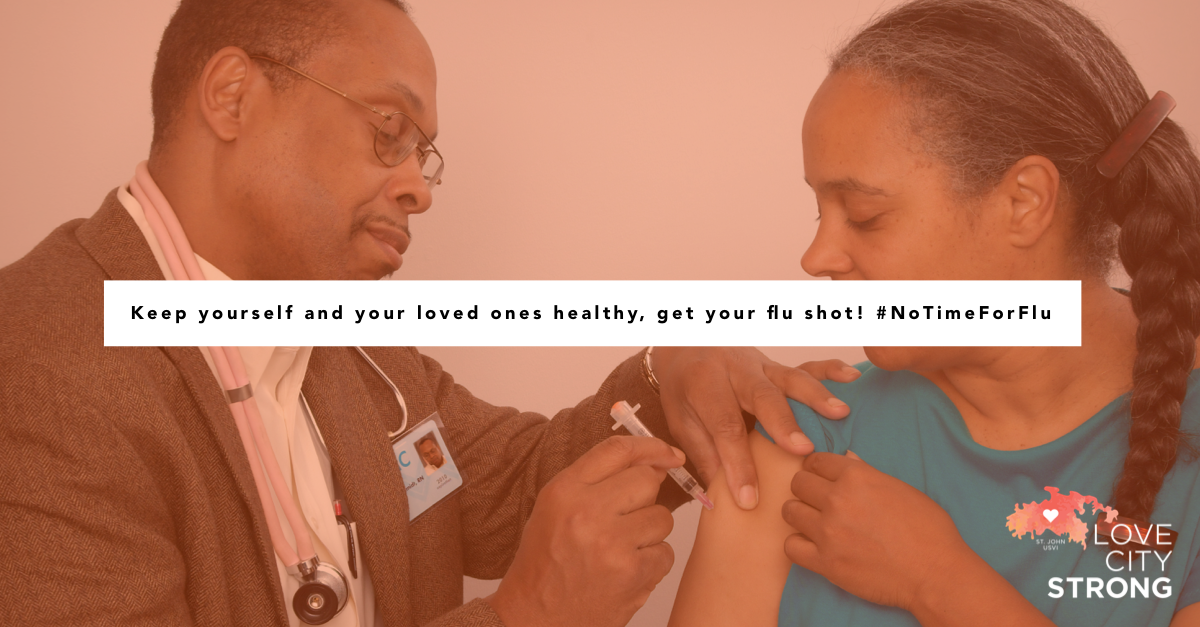
Healthcare professionals around the globe are gearing up to fight two deadly threats simultaneously: COVID-19 and the flu. Seasonal flu viruses are dynamic, and their health risks and severity vary year to year.
However, the flu virus is one of the leading causes of death in the United States. With high risk populations already ravaged by COVID-19 this year, it is more important than ever that as many people get vaccinated for the flu as possible.
Even for those who are young, healthy, and have no preexisting conditions, getting a flu vaccine is important. By getting vaccinated, we prevent ourselves from becoming vectors of disease and causing undue harm to others. The CDC estimates that flu vaccinations in the U.S. reduce the risk of illness for 40-60% of the overall population; the more people who vaccinate in a community, the more that a community is protected.
While it is true that there is overlap between mitigation measures which help prevent the transmission of COVID-19 and influenza (washing hands frequently, sanitizing surfaces, wearing a mask, and staying away from others if you feel sick), practicing these habits may not be enough to help healthcare providers combat two viruses simultaneously during the 2020/2021 flu season.
Although last year’s final flu season numbers are not yet available, preliminary CDC data shows that between 39 and 56 million Americans contracted the flu last year, with over 400 thousand hospitalizations nation-wide. With COVID-19 pushing PPE supplies and hospital capacity to the breaking point, a serious flu season could cause local healthcare systems to utterly collapse. Limiting the burden on our healthcare systems and healthcare workers in any way that we can is critical.
During this time of uncertainty, it is incumbent on each of us to do our part to protect our communities. Think of getting your flu shot not as a chore, but as an act of civic responsibility. Flu vaccinations are a simple action that has the potential to save lives, support our healthcare workers, and make a real difference.
Visit www.GetMyFluShot.org to learn more.
For a partial list of vaccination providers in your area, click here.
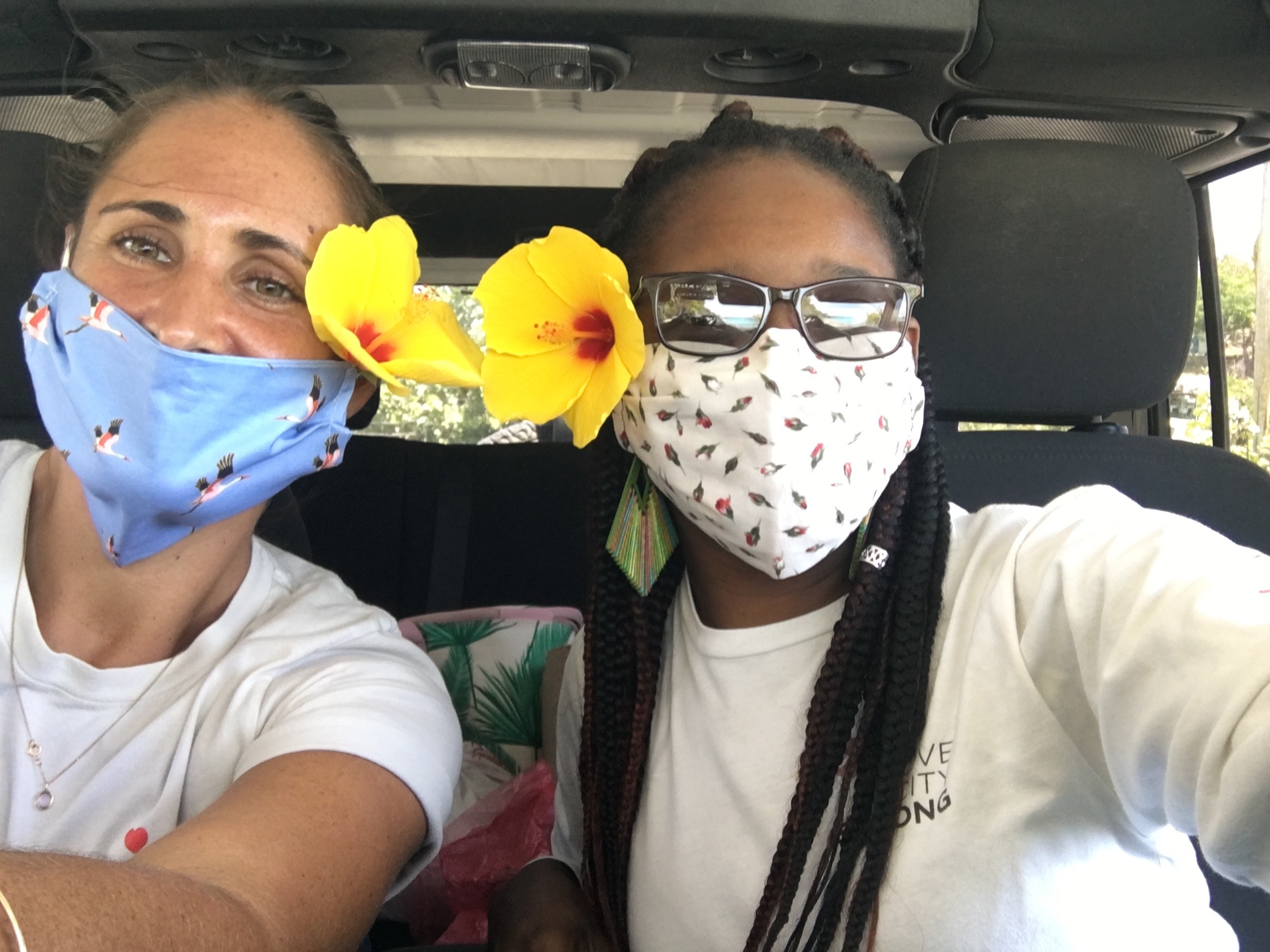
As COVID-19 continues its impact across the globe, nonprofit organizations have stepped up to help their communities by addressing gaps in the pandemic response in a variety of ways. In turn, there has been a significant trend in large philanthropic organizations rising to the occasion and modifying the way they do business with nonprofits.
Some foundations have helped by ramping up their allotment of funds to cover general operating costs — A sticking point in an industry that demands low overhead yet high benchmarks for success and sweeping outcomes — While others have extended funding deadlines or shifted funding requirements entirely.
At Love City Strong, many of our original plans for 2020 were put on hold temporarily (or in some cases indefinitely) in favor of pivoting to address community needs caused by the pandemic. Providing PPE to first responders and healthcare workers, feeding the community during the Virgin Islands’ initial lockdown, and bulking up a backstock supply of PPE in anticipation of a second wave of cases became our priorities.
Fortunately, we benefited from the flexibility and generosity of one of our key philanthropic funders. The Community Foundation of the Virgin Islands (CFVI) has been a tremendous help to our organization in this time of need. They not only allowed funds granted in 2019 to be extended through the end of 2020, but also for the funding to be pivoted from its original purpose, and instead used for our COVID-19 response efforts.
Without their support, none of our COVID-19 microprograms would be possible. It is refreshing and heartening to see large donors and philanthropic organizations like CFVI pivot to address funding the world’s ever changing needs, just as NGOs have pivoted to address those needs on the ground.
I believe that this fluid, all-hazards approach is the future of efficient and inclusive disaster response, as nonprofits and faith based organizations continue to do what is necessary to ensure the safety and wellbeing of the communities that they serve. With less trepidation about funding general operating costs, and relaxed requirements on how philanthropic funding can be used, there is no telling how much nonprofits can accomplish moving forward. The question is whether these philanthropic commitments to increase funds, provide more flexibility, and limit asks of nonprofits will become part of the “new normal” — Or whether the habits of big donors will return to business as usual.
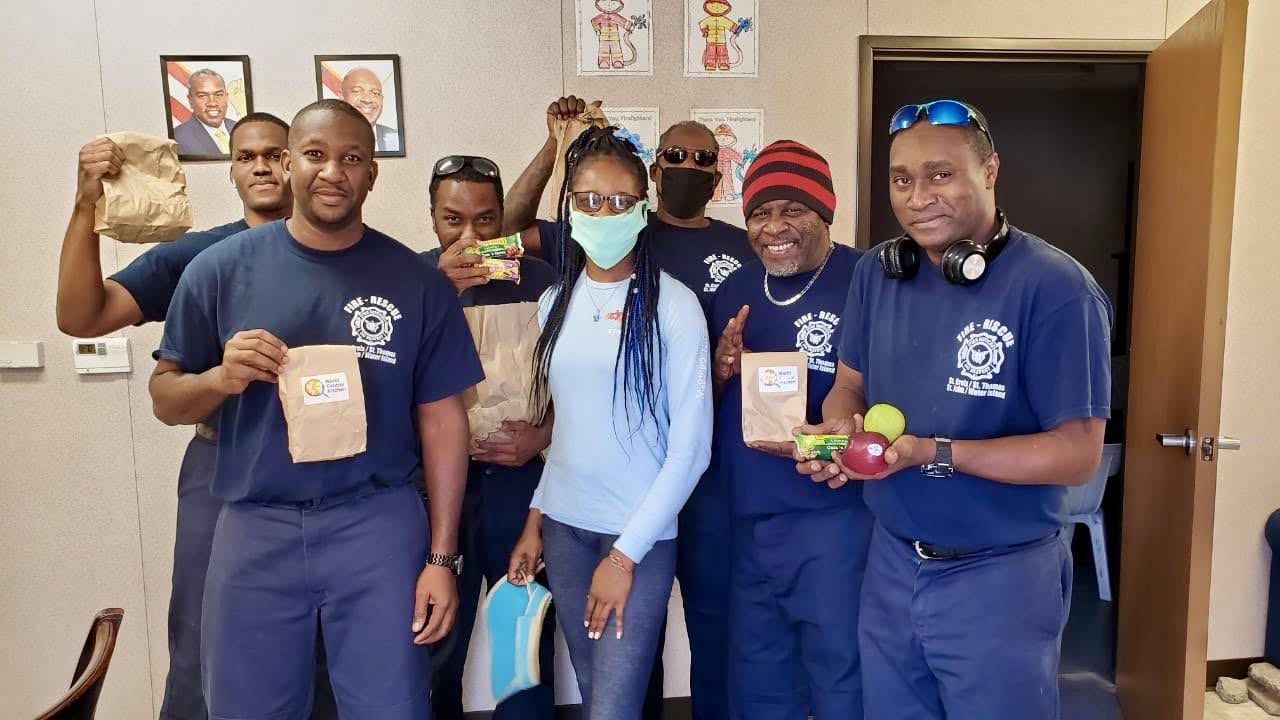
In December 2019, the novel coronavirus changed lives on a global scale. At Love City Strong we have made every effort to react as quickly as possible; pivoting from what we had originally planned for 2020 to make addressing the issues caused by COVID-19 our number one priority.
COVID-19 Response Timeline
On March 6th, we began purchasing bulk supplies of PPE and sanitation products to give to healthcare professionals, first responders, and essential workers on St. John in anticipation of the global shortage. Our distribution of these supplies occurred throughout the month of March, a full two months before the national stockpile supplies arrived in the Virgin Islands.
On March 10th, we began to distribute COVID-19 informational flyers in English and in Spanish across the island. These flyers were vetted by the Virgin Islands Department of Health and the CDC, and featured all of the information known about COVID-19 at that time. Over 500 flyers were distributed within 72 hours.
On March 13th, one day before the first case of COVID-19 in the Virgin Islands was announced by territory healthcare officials, we made the decision to close our office to the public and either suspend or greatly modify our programs in order to adhere to social distancing guidelines. Our teams modified their procedures to either limit or cease in-home visits with our clients and increased regular sanitation of their work vehicles and supplies. We also encouraged all employees to work from home rather than in our office. As of August, these practices remain in place.
On April 13th, we began partnering with World Central Kitchen to deliver hot and cold meals to seniors, families with children, and individuals with a disability or chronic health condition. We also delivered meals to healthcare workers and first responders every other week in addition to our household deliveries. Our relationships with the small business community were able to make this program more robust and efficient—We hired St. John Brewers to increase meal preparation and storage capacity, and Rock n’ Rolla Charters to provide both additional transportation for our team and a Spanish translator. Our Go Team delivered over 500 meals and snack packs directly to over 200 different households every single week for three months.
In May, the CDC released new guidance regarding the importance of wearing masks in public. To encourage and normalize this practice, we launched a month-long social media campaign called “We Not Me.” During the campaign, we shared photos that were sent to us from people in the Virgin Islands and around the world wearing their masks. Each photo was accompanied by a short testimonial from that person with their specific reasons for taking this precaution seriously. You can view the entries in this campaign on our Instagram account by clicking the #WeNotMe story highlight.
In June we partnered with St. John retailer Big Planet to provide free, reusable face masks to St. John residents and visitors. The first batch of masks were provided to households that we were delivering meals to, and to churches in Cruz Bay and Coral Bay. We then set up small buckets of masks at several different businesses across the island, where they are available to anyone in need. The free masks will be provided at these locations from June through the end of August, and thus far approximately 2,000 masks have been given away.
Our Mission Moving Forward
At LCS, it has always been our philosophy to prepare for the worst and hope for the best through all hazards, and this has served us well during this unprecedented time. Through the early and decisive actions of our team, we have been able to continue serving the community of St. John through both our existing programs and new, short-term initiatives while keeping ourselves and our clients safe.
Wherever you are, we urge you to continue to be vigilant and responsible as COVID-19’s impact continues. This isn’t over. Whether you are young or old; healthy or high-risk, we must all continue to do our part to take extra care with our family, friends, neighbors, and colleagues.
